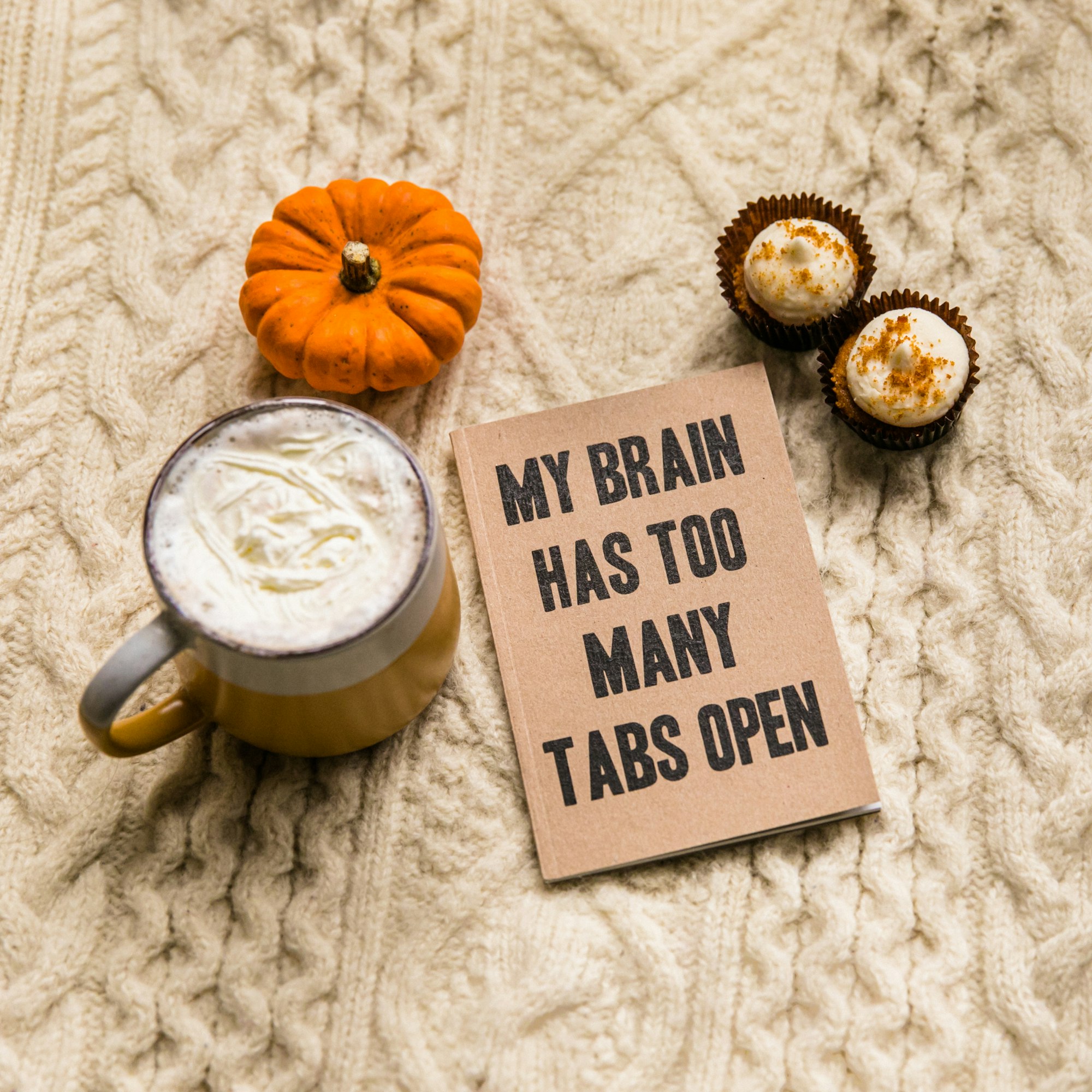Discover the Power of Music Therapy for People with Dementia
Discover how music therapy can improve the cognitive and emotional well-being of dementia patients. Learn about the science behind the connection between the brain and music, and how it can decrease negative behaviors and increase sociability.

It is Saturday- dementia and music therapy day. I will never forget that day. I was working on a senior behavioral health unit. The activities director had asked a friend of mine to come in and play her guitar and piano. This was a treat for the patients we had on the unit at the time.
We had a patient at the time, Agnes, in the very late stages of dementia. She was no longer able to care for herself. In fact, she was total care. She did not respond to anything that we said or did. She would just sit back in her reclining chair. We would place her in the chair and just sit… until we moved her to return her to her room.
As my friend played the guitar, she would take a seat next to different patients. She would play a tune based on a request or information that we had gotten from the family or the chart.
On this particular day, when she sat next to Agnes, there was no response at all. I told my friend that Agnes used to sing for the church choir and loved gospel songs. I learned from the family that Agnes started singing in the church choir when she was young. It had always been a part of her life.
As my friend started to play and sing some gospel songs she knew… a great transformation took place over Agnes’ face. Her face lit up, her eyes, instead of glazed over, started to actually watch my friend sing as she played the guitar. Agnes actually tried to sing with the guitar player. And we did not even know she could still talk! It touched the hearts of those that have provided care for her over the time she had been in the hospital.
What occurs with the brain and music?
It is not known how the brain processes music. Scientists do know is that that music is processed in many different parts of the brain. An individual may have a personal experience. A piece of music is associated with that experience. This becomes the stimulus for memories. Even in the late stages of dementia, a person may feel emotions… and even the memory of the experience when they hear that piece of music.
Researchers believe there is a link between the brain's auditory cortex and the limbic system. The limbic system is where emotions are processed. Researchers believe that individuals with dementia, and other neurological diseases… can actually improve their ability to physically move and remember things by listening to music.
Studies show those with dementia respond to familiar and pleasurable music. It has been proven to have an effect on negative or challenging behaviors. The music can decrease stress, agitation and anxiety. This is a behavioral intervention that has been successful… at avoiding the use of medications.
Music was also found to increase sociability… and the cognitive ability of the dementia patient. Music cannot stop the disease process. But it can improve the quality of life of the person suffering from this terrible disease.
More on Discover the Power of Music Therapy for People with Dementia.. the Research
Uncover the groundbreaking research that shows how familiar songs can instantly calm patients with dementia. Music therapy is proving to be an effective way to improve social interactions and reduce caregiver distress.
Dementia is a challenging condition that affects memory, reasoning, and communication. As it progresses, it becomes increasingly difficult for individuals with dementia to engage socially and communicate effectively. This puts strain on their relationships with caregivers. However, a recent study published in Alzheimer Disease and Associated Disorders reveals the incredible benefits of music therapy.
Music therapy is a non-pharmacological intervention
Music therapy is a non-pharmacological intervention that uses music to enhance mood and promote well-being. Ongoing research is exploring the overall impact of music therapy on individuals with dementia.
One of the key findings of this study is the importance of using songs that were meaningful to the person with dementia during their younger years. These nostalgic tunes have a powerful ability to unlock memories and connections that dementia cannot erase.
The study involved a 12-week intervention called musical bridges to memory (MBM), which actively engaged both individuals with dementia and their caregivers. The intervention included personalized musical preferences, caregiver training, live concerts, and breakout sessions. The results were remarkable. Participants in the intervention group demonstrated improved nonverbal sociable behaviors, such as eye contact and calmness, compared to those in the control group. Caregivers also reported reduced stress levels and improved relationships with their loved ones.
While the study had its limitations, including the lack of randomization and short duration, it provides compelling evidence of the positive impact of music therapy for individuals with dementia and their caregivers. Continued research is needed to explore the long-term effects of this intervention.
Experience the transformative power of music therapy in improving the lives of people with dementia and their caregivers.
Unlocking the Power of Music: How It Impacts Memory and Therapy
Discover the fascinating connection between memory and music. Recent studies have shed light on the potential benefits of music for individuals with memory disorders like Alzheimer's Disease. Unlike other types of memory, musical memories activate a vast network in the brain, which could explain why those with neurodegenerative diseases retain their musical memory.
Exciting findings highlight how music can positively impact behavior and cognition in those with Alzheimer's. Listening to personalized music has been shown to stimulate verbalization, enhance memory recall, and promote relaxation. Moreover, music has the potential to improve sleep quality by boosting melatonin levels.
But that's not all. Researchers have found that the effects of music are even greater when the songs are tailored specifically to the listener. By selecting songs from the individual's favorite time periods and genres, anxiety and depression decrease, while cognitive abilities such as orientation, language skills, and memory improve.
The power of music therapy is gaining recognition, with over 70 approved programs available at colleges across the US. If you want to learn more about how music therapy can make a difference, visit www.musictherapy.org.
Have you witnessed the impact of music on individuals with memory loss? Share your story.
See the ABC news special on music and Dementia here
More on Understanding Dementia Behaviors here
You might also like this article:





